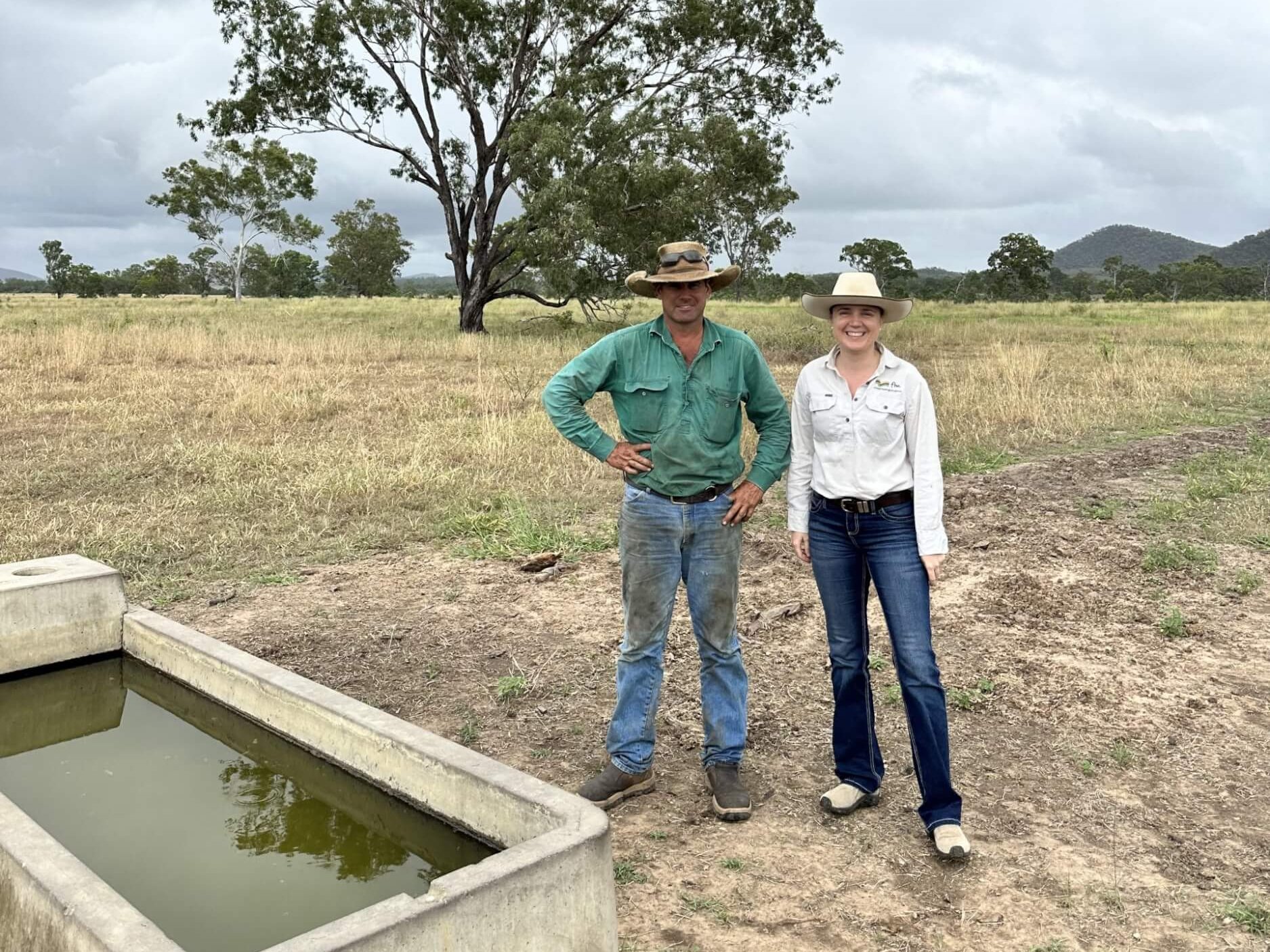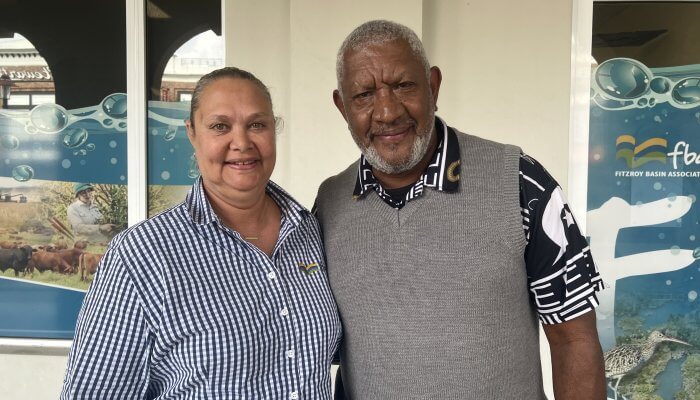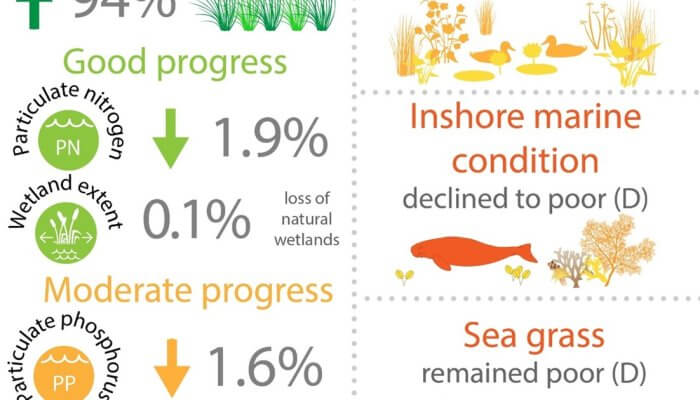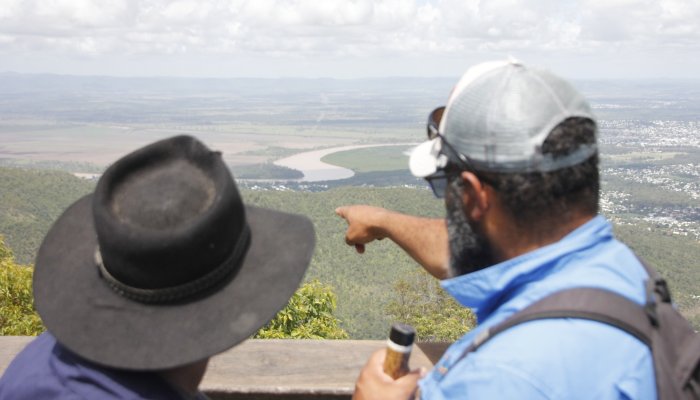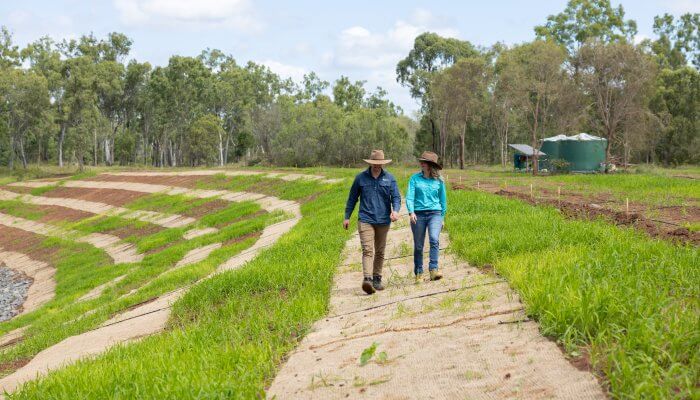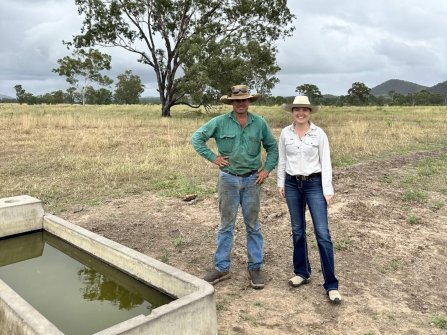
Growing Resilience at Mt Elsa – A GRASS Project
Posted on April 4th, 2024
Landholder Steve Farmer and his family are no first-timers when it comes to putting in the hard work to get the most out of their property. Dedicated to improving the productivity of their 4,300ha grazing property Mt Elsa, Steve, his wife Claire and their three children have worked with Fitzroy Basin
Association (FBA) across many projects. The latest project is through the Grazing Resilience and Sustainable Solutions (GRASS) program.
Mt Elsa is located in Canoona and boundaries the Fitzroy River. Since taking ownership of the property
about 10 years ago, the Farmer family are working through a list of improvements, working towards the main aim of being able to implement rotational grazing across the whole property.
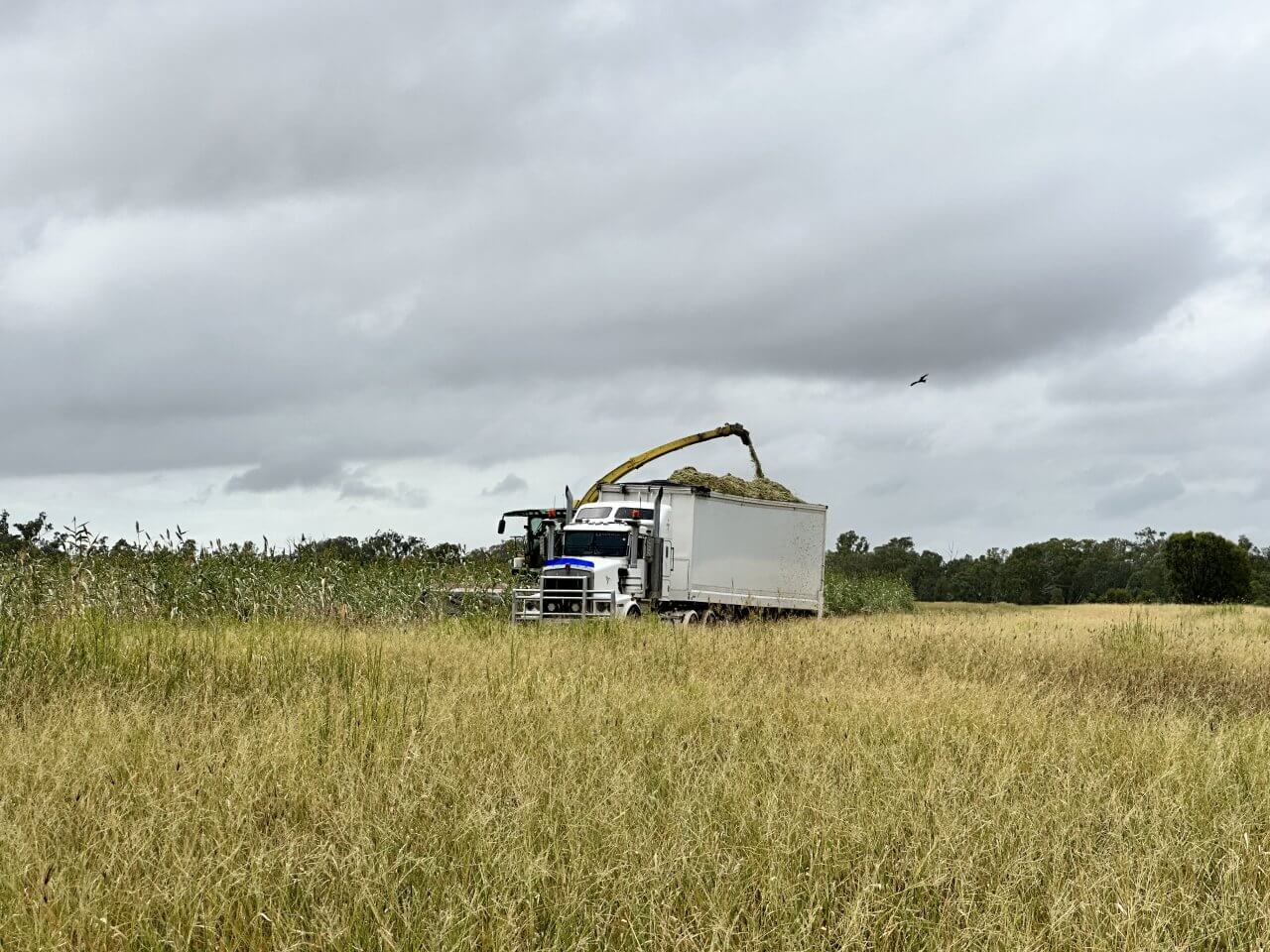
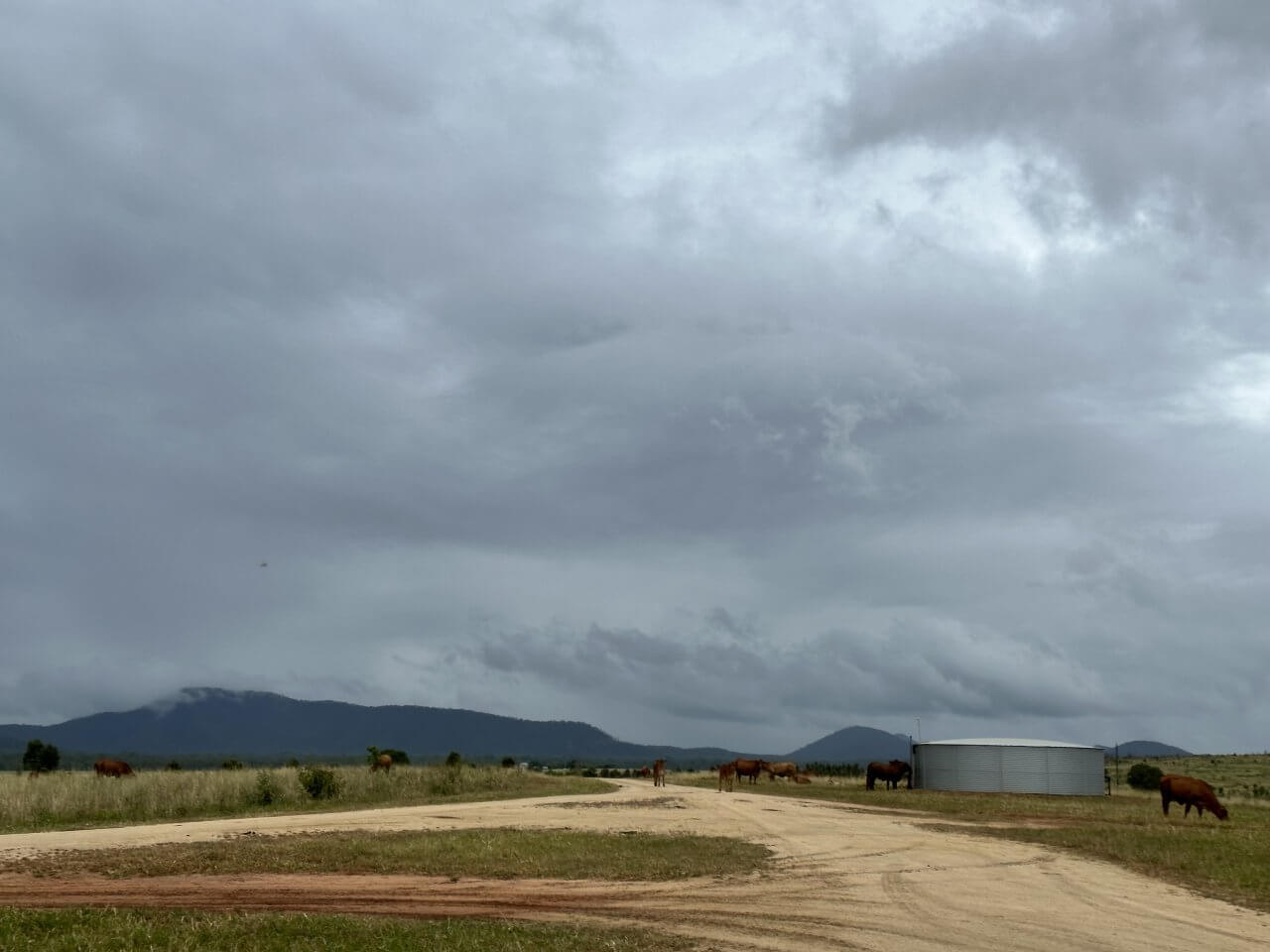
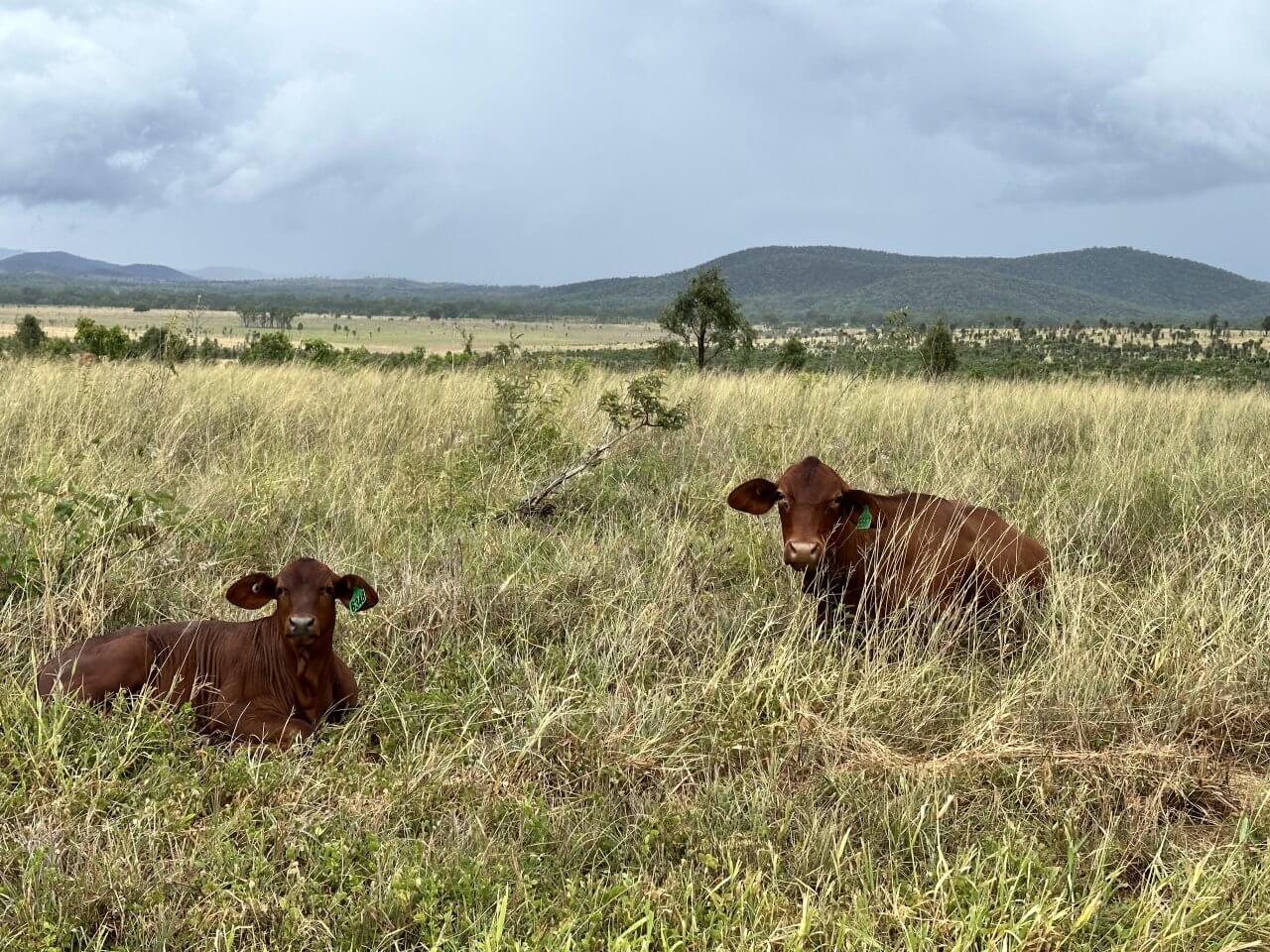
Steve noticed that at certain times of the year the cattle would favour the land alongside the river, resulting in over grazing and a decline in land condition. Steve reached out to FBA to discuss fencing off this final section of the property from the Fitzroy River, and to split up a 322ha paddock to assist with
grazing management.
FBA Land Management Officer Sophie Wilkins attended the property and identified it as an ideal candidate for the GRASS program.
The GRASS program supports graziers to develop and implement tailor-made action plans for land management. The plan assists graziers to implement actions that improve and then maintain their land condition with a specific focus on improving ground cover. The GRASS program supports good land
management practices which limits soil loss and sediment run-off to waterways that flow to the Great Barrier Reef.
After Sophie’s initial visit to the property, a Land Management Plan was created. It was clear new infrastructure around the watering point and river frontage was needed to address Steve’s concerns about low ground coverage.
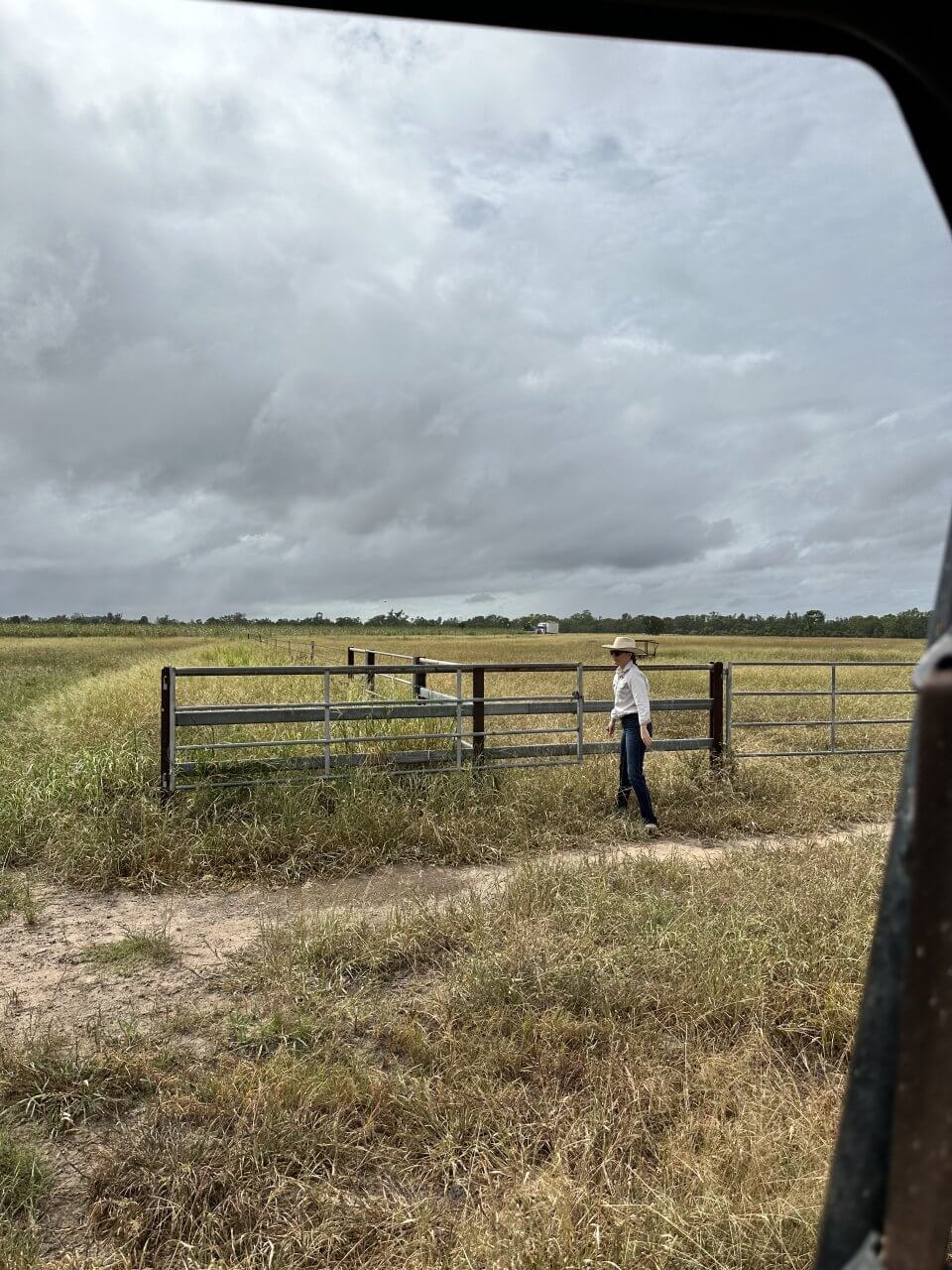
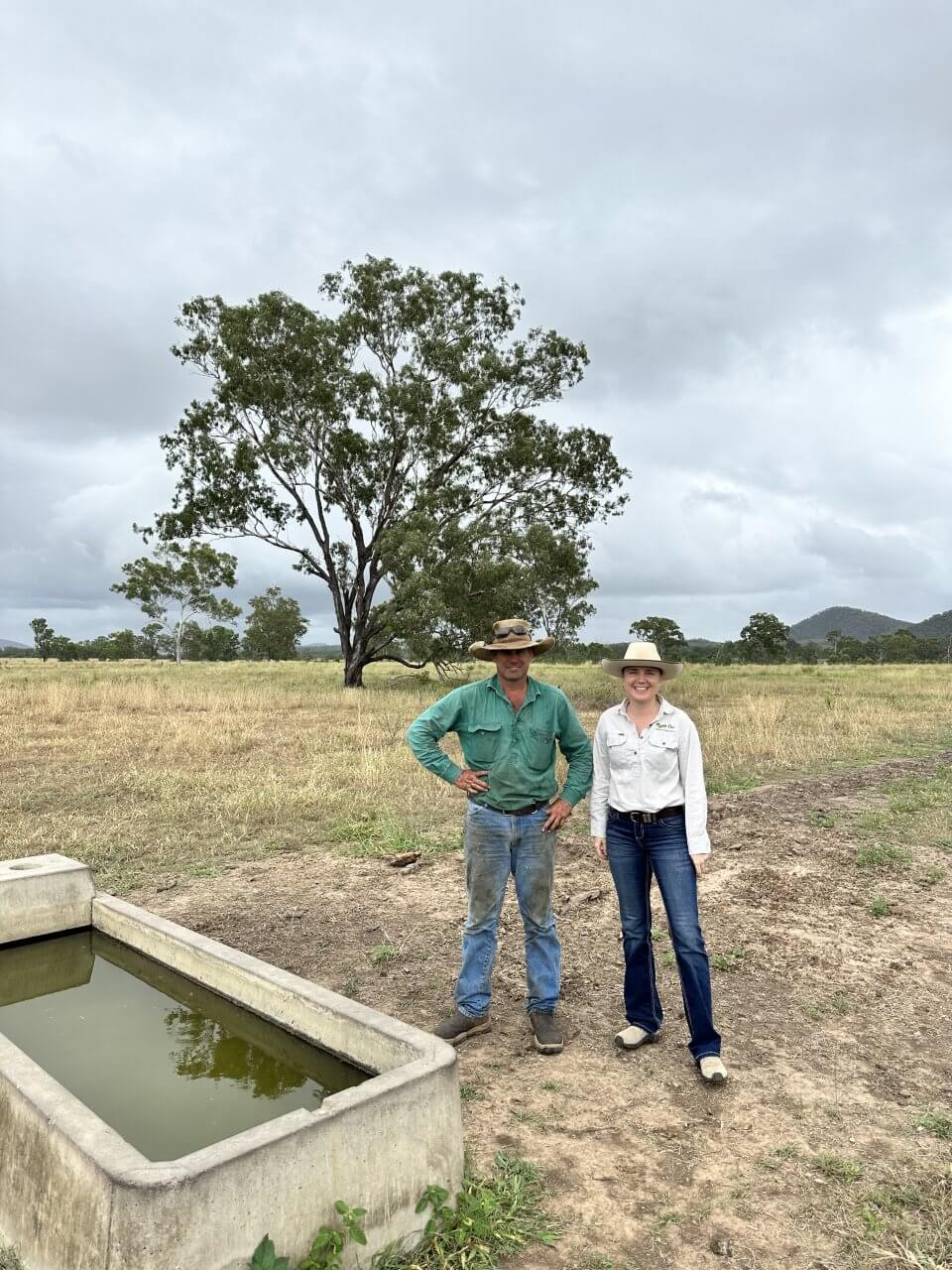
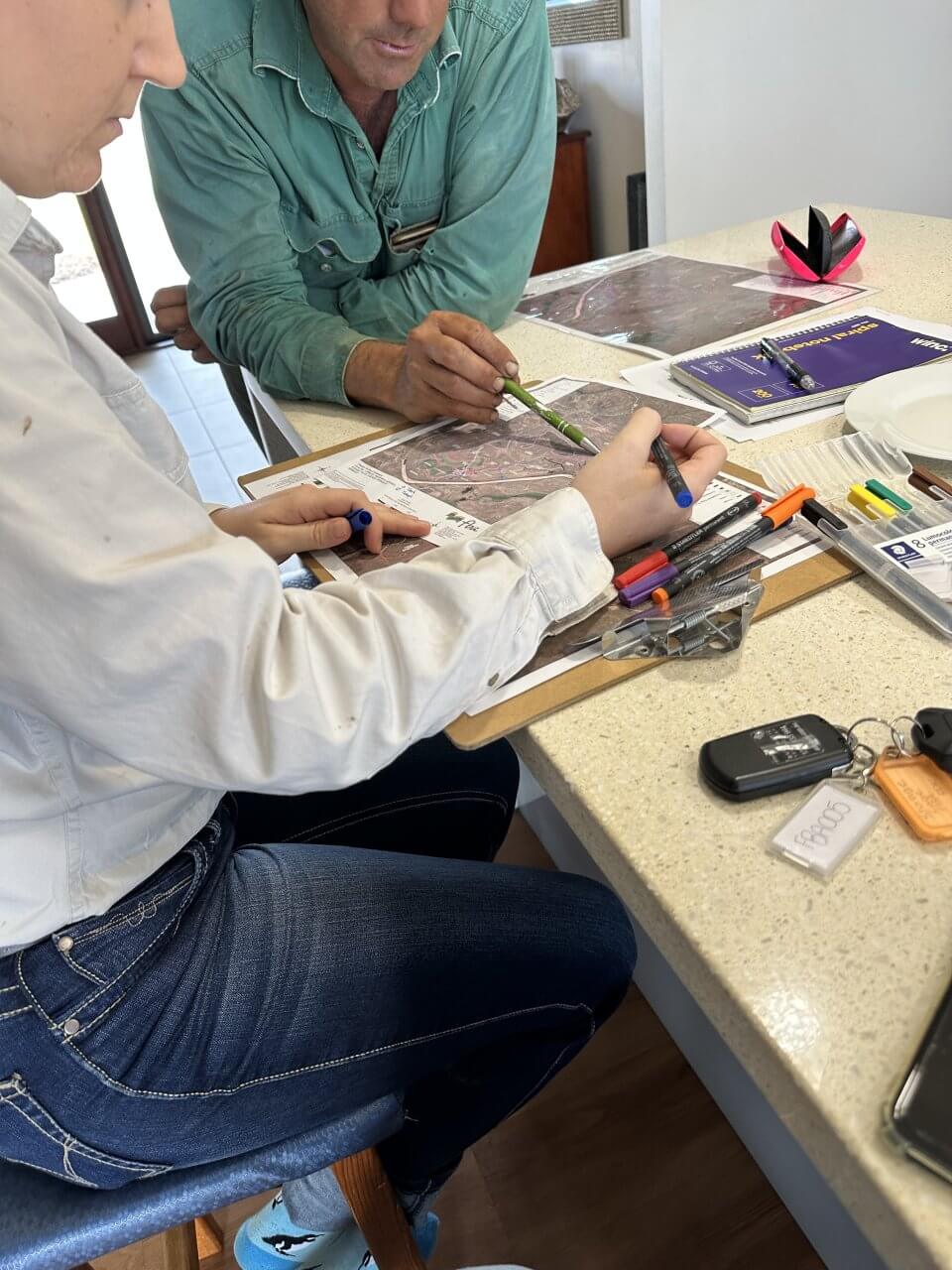
The Farmer family were thrilled to get work underway.
“We’ve installed roughly 4km of fencing and a few kilometers of pipelines and troughs that have allowed us to move the cattle up into the underutilised areas and give the overgrazed areas near the river a break to improve the ground coverage,” Steve said.
“Fencing off the river was something we had in the back of our minds for a while, it was just getting it to move up the priority list which the GRASS program helped us to do.”
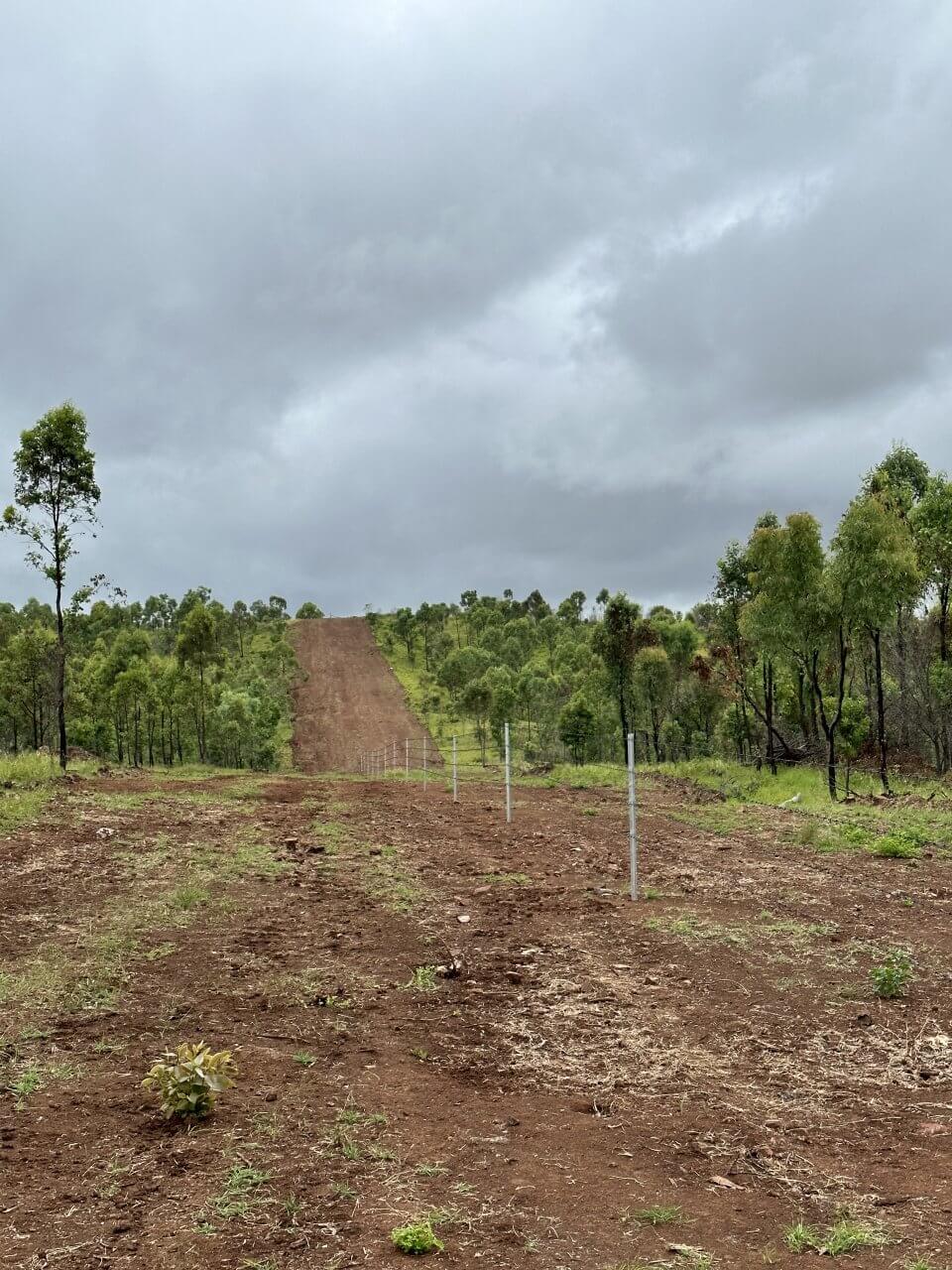
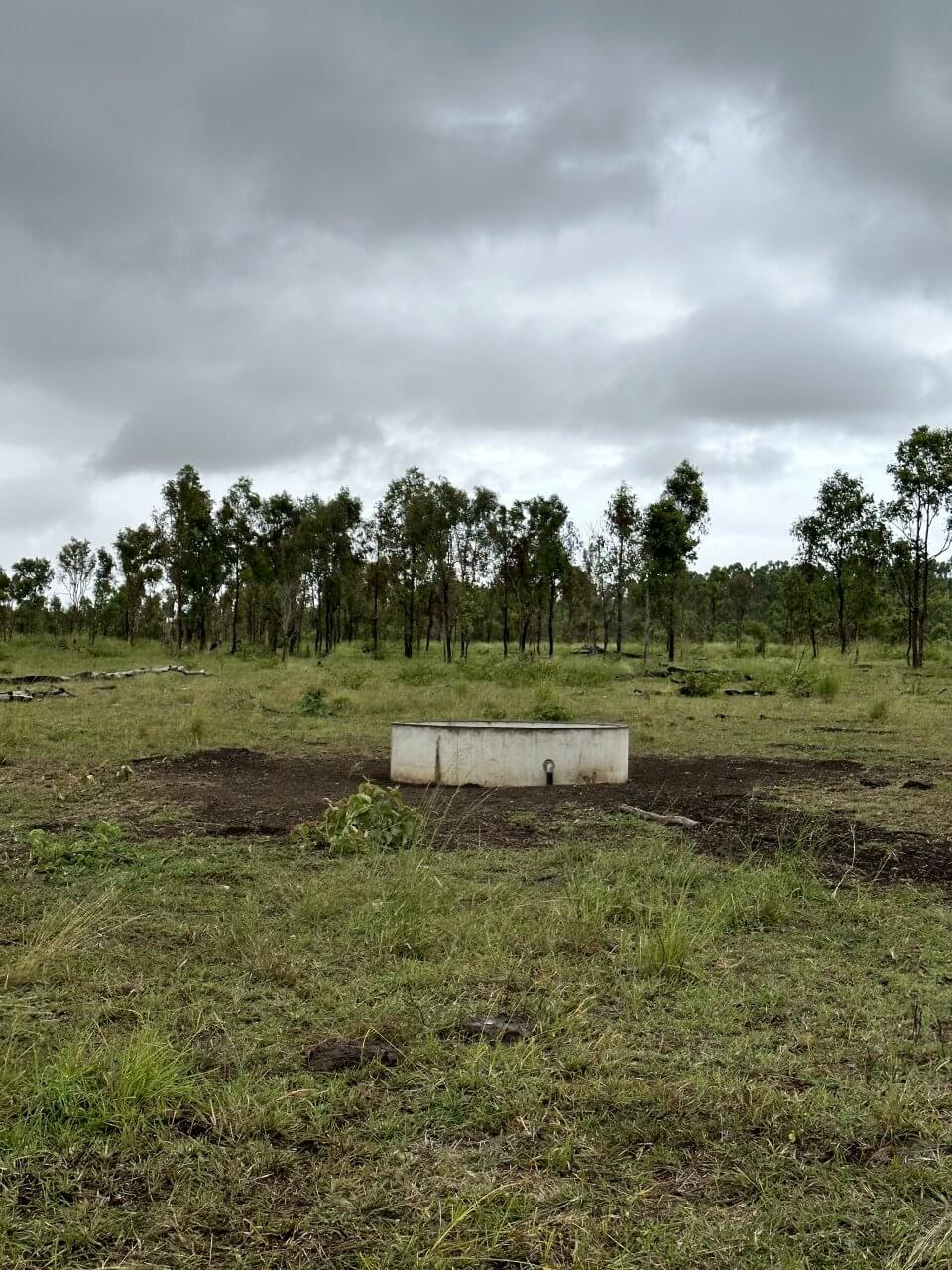
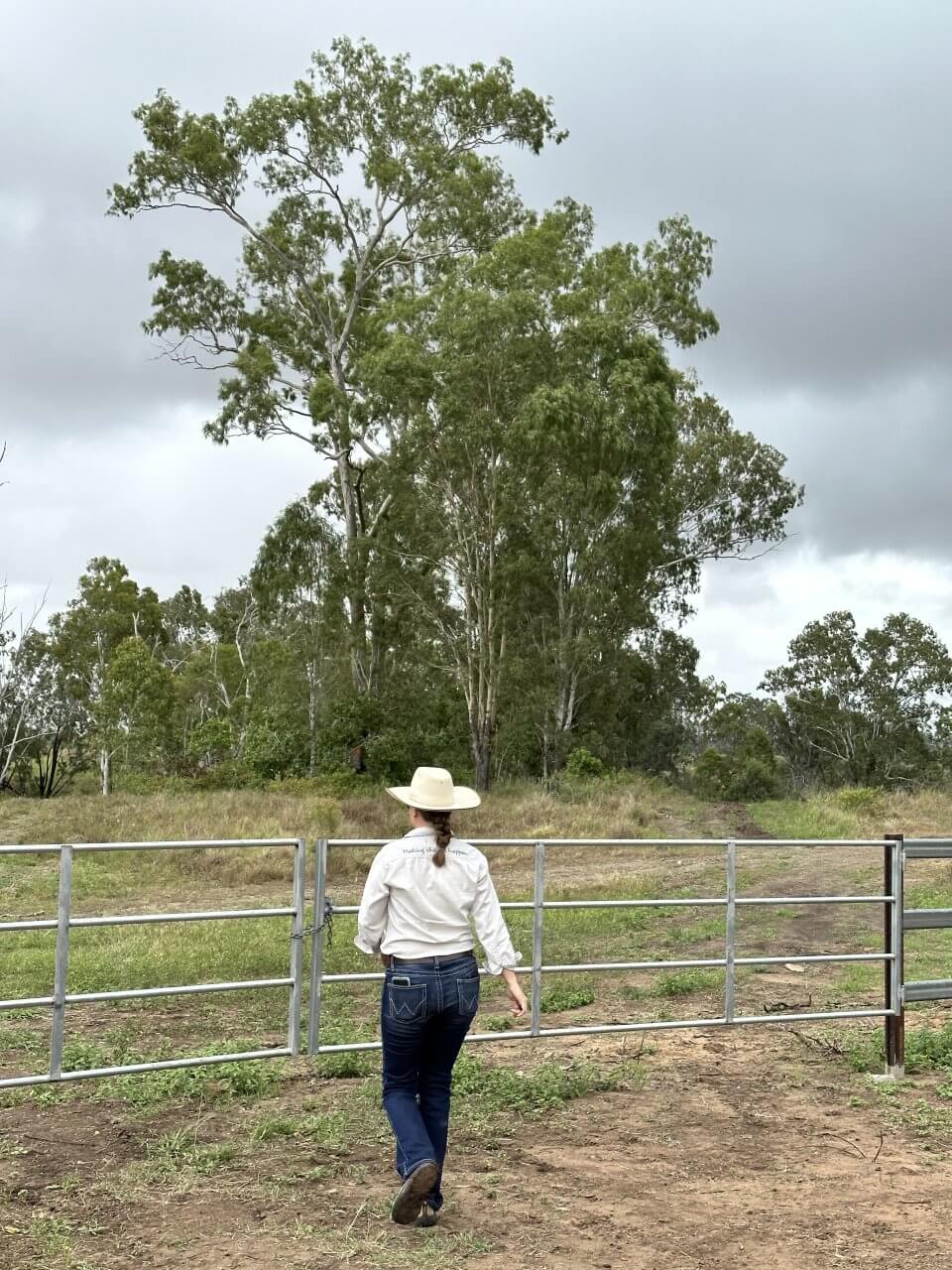
Steve is excited to see the ground cover start to improve and although increasing the carrying capacity of the property will be a benefit of this work, he plans on focusing their efforts to maximise the current herd’s potential.
“Increasing carrying capacity is important to a point, but production is more important. We don’t want to double the stock numbers to increase production we want to do it through weight gain and conception rates in the cattle we do have. Doing a better job on them and achieving better ground cover will help us do that,” Steve said.
Claire added, “We are very much a family run operation and we all contribute to the workload with no one being left out. We are all passionate and dedicated to our land, our cattle and business and we look forward to seeing the results from projects like this one help to make the environment better than we found it for future generations to come.”
Sophie shares the same sentiments and is confident that the property’s future is in good hands.
“From start to finish, this has been such a great project to be a part of. It’s always exciting to work with landholders who are not only eager to learn but eager to do the work,” Sophie said.
“During the completion visit for this project I was impressed to see that Steve and his family had already taken action by using the new infrastructure to exclude cattle from the riverfront and were resting the paddock with the poorer ground cover. I’m excited to see the improvement in these areas over time with the improved grazing management”.
The Grazing Resilience and Sustainable Solutions (GRASS) program is funded through the Queensland Government’s Queensland Reef Water Quality Program and delivered by the Department of Agriculture and Fisheries (DAF), Fitzroy Basin Association, Burnett Mary Regional Group, and NQ Dry Tropics.
If you are interested in learning more or participating in the GRASS program please contact FBA Land Management Coordinator Annie May.
0408 574 129
Annie.May@fba.org.au





